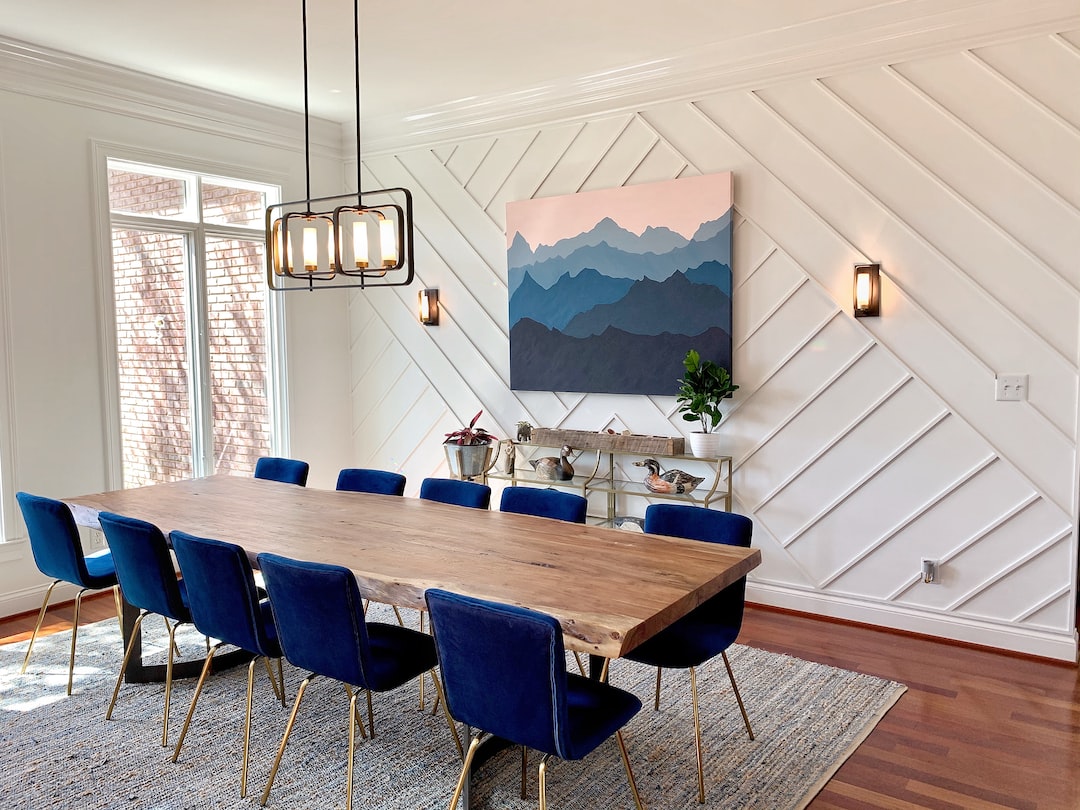Exploring Different Furniture Materials: Which One is Right for You?
When it comes to choosing furniture for your home, there are numerous factors to consider, such as style, comfort, and functionality. However, one aspect that often gets overlooked is the choice of furniture materials. The type of material used can greatly impact the durability, appearance, and maintenance required for your furniture.
To help you make an informed decision, let’s dive into the world of furniture materials and explore the different options available.
1. Wood: A Classic Choice
Wood has been a popular choice for furniture for centuries, and for good reason. It offers a timeless appeal and a sense of warmth and elegance to any space. From solid wood to engineered wood, there are various options to suit every budget and style preference.
Solid wood furniture, crafted from natural wood, is known for its durability and longevity. It can withstand the test of time and can be refinished or sanded to restore its original beauty. Some popular types of solid wood furniture include oak, walnut, mahogany, and maple.
On the other hand, engineered wood, often referred to as plywood or particleboard, is made by combining wood fibers or particles with adhesives. It is a more affordable option and can mimic the look of solid wood. However, it may not be as durable as solid wood and may require extra care to prevent moisture damage.
2. Metal: Sleek and Contemporary
If you’re looking to add a touch of modernity to your space, metal furniture could be the perfect choice. Metal furniture is known for its sleek and contemporary appeal, making it ideal for industrial or minimalist interior styles.
Steel, aluminum, and iron are the most common metals used for furniture. Steel is strong and resistant to wear and tear, making it suitable for outdoor furniture. Aluminum is lightweight, rust-resistant, and easy to maintain, making it a popular choice for patio furniture. Iron furniture, on the other hand, adds a classic touch and is great for creating a vintage-inspired atmosphere.
3. Upholstery: Comfort and Style
Upholstered furniture, such as sofas, chairs, and ottomans, offer the perfect combination of comfort and style. When it comes to upholstery, there are various materials to choose from, each with its own unique qualities.
Leather upholstery is a luxurious option that exudes elegance and durability. It is known for its longevity and easy maintenance, as well as its ability to age gracefully. However, it can be expensive and may require regular conditioning to keep it in top condition.
Fabric upholstery offers a wide range of choices in terms of color, texture, and pattern. It is generally more affordable than leather and provides a softer and more comfortable seating experience. However, it may require regular cleaning and can be more susceptible to staining and wear over time.
4. Plastic: Practical and Budget-Friendly
Plastic furniture has come a long way from its humble beginnings and is now available in a variety of designs and styles. It is a practical and budget-friendly option, making it ideal for outdoor use or in homes with young children.
Polypropylene and polyethylene are commonly used for plastic furniture due to their lightweight and durable properties. Plastic furniture is easy to clean and maintain, as it is resistant to moisture, stains, and fading. However, it may not offer the same level of sophistication as other materials and may not be suitable for formal living spaces.
5. Glass: Sleek and Versatile
Glass furniture adds a touch of elegance and sophistication to any room. Whether it’s a glass dining table or a glass coffee table, this material can create a sense of openness and enhance the visual appeal of your space.
Tempered glass is the most common type used for furniture, as it is stronger and more durable than regular glass. It is also safer, as it breaks into small, less sharp pieces when shattered. However, glass furniture can be more delicate and requires regular cleaning to avoid smudges and fingerprints.
In conclusion, choosing the right furniture material is crucial for creating a functional and aesthetically pleasing space. Consider your lifestyle, budget, and personal style when exploring the options available. From the warmth of wood to the sleekness of metal, each material has its own unique qualities and can contribute to the overall ambiance of your home. Take your time in deciding which material is right for you and enjoy the process of furnishing your space with pieces that stand the test of time.
